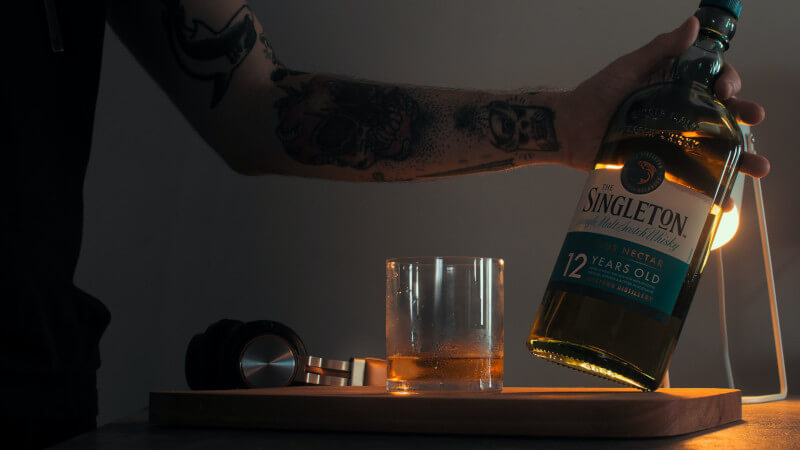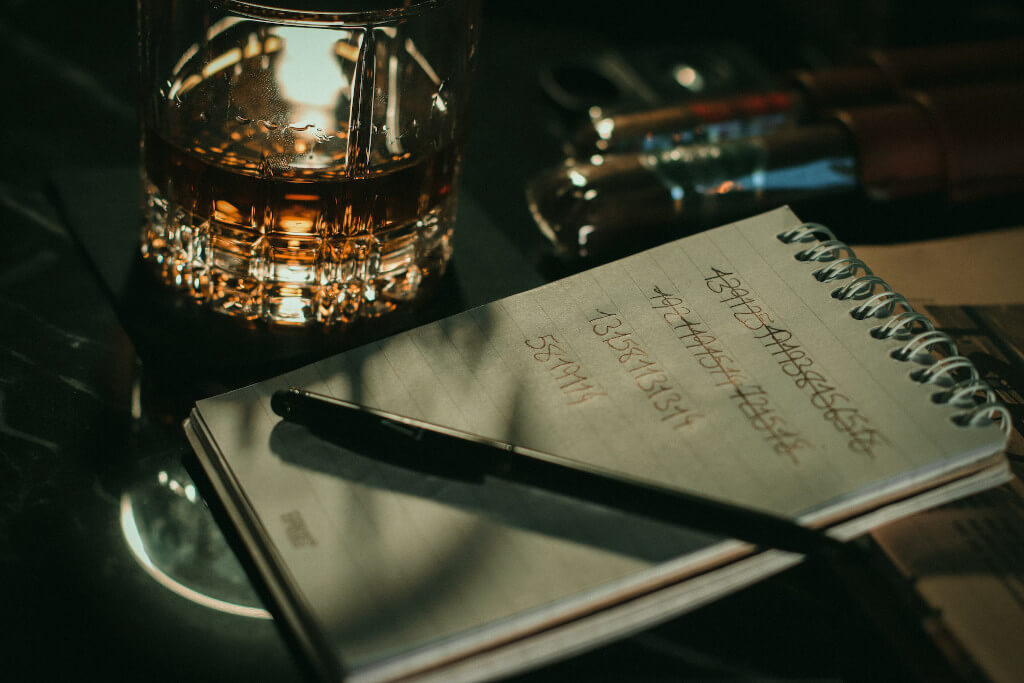When you first start with whisky collecting, it might seem like just another pastime. Yet, beneath the surface of amber liquids and beautifully labeled bottles, there’s a profound psychological landscape to navigate. Let’s decode the psyche behind your whisky-collecting habit, shall we?
The Call for History and Heritage
One cannot ignore the strong historical and cultural connotations attached to whisky. Each bottle, especially from the celebrated regions of Scotland, Ireland, or the American South, carries a narrative. When you hold a bottle from the Prohibition era or one that survived wars, you’re not just possessing a drink; you’re cradling a piece of history.
Psychologists find that collecting items with historical significance can often be a way for individuals to feel rooted, seeking a connection to a past that offers stability in a rapidly changing world. Now, this raises a compelling point. The act of collecting whiskies isn’t merely about amassing bottles. It’s an avenue for many to connect with history, culture, and personal memories. But why do we, as humans seek this connection, and what do psychologists say about it?
The Quest for Stability and Consistency
- Research by Dr. Lana Williams (University of Wales): Dr. Williams conducted a study where participants collected items with historical value. Her findings indicated that such collections often acted as “anchors” in people’s lives, providing them with a tangible connection to consistent historical narratives in the face of an ever-evolving external environment.
- Case Study – The 18th Century Whisky Bottles: A group of collectors, when interviewed about their affinity for 18th-century whisky bottles, frequently cited the simplicity and constancy of the era as a counterpoint to today’s rapid technological changes.
A Desire to Relive and Remember
- A study by Dr. Frederik Larsen (Copenhagen University): Dr. Larsen’s research highlighted that historical objects could evoke memories, not just of personal experiences but also of shared cultural or societal events. This ties in closely with the world of whisky, where a bottle can represent a significant period or event, like Prohibition.
- A Collector’s Meet: At a gathering in Edinburgh, a collector showcased a bottle from World War II, sharing tales of camaraderie and resilience. For many present, the bottle was not just a drink, but a narrative from an era gone by.
Establishing Identity and Continuity
- Findings by Dr. Elisa Maldonado (University of Seville): Dr. Maldonado found that collections, especially those with historical significance, often played a role in identity formation. By connecting with a particular era or event, individuals found a sense of belonging and a clearer understanding of their place in the grand tapestry of history.
- Interview Insights: Many whisky collectors mentioned that owning bottles from certain eras helped them understand and appreciate their cultural or familial roots, establishing a deeper connection with their ancestors.
Investment in Legacy and Future Generations
- Research by Dr. Adrian Chen (Harvard University): In his paper on intergenerational collections, Dr. Chen posits that collecting items with historical significance isn’t just about the past but also the future. Such items are seen as potential heirlooms, ensuring that stories, values, and legacies are passed down through generations.
- A Collector’s Tale: A collector in France spoke about a bottle passed down from his great-grandfather, who had fought in WWI. The bottle wasn’t just whisky; it was a symbol of resilience and hope, a legacy he intended to leave for his children.
Social Prestige and Validation
Remember the last time you shared a picture of your newest acquisition on social media or showcased your collection to friends? The admiration and envy in their eyes were palpable. Collecting rare and vintage whiskies can sometimes be a pursuit of social validation. Owning something unique or expensive often equates to prestige in many social circles. While this might sound superficial, from a psychological standpoint, it’s deeply rooted in our evolutionary need for social standing and acceptance.
Take, for example, the story of Mark, a banker from New York. He once confessed that half his collection was purely because “they were the bottles to have.” It wasn’t about the taste or the history, but the status they conferred.
The Thrill of the Chase
For many, it’s not just about the bottles they possess but the thrill of hunting them down. That adrenaline rush when you finally locate a bottle you’ve been searching for, or the pleasure derived from haggling to get the best price, can be intoxicating. Psychologically speaking, this taps into our innate hunter-gatherer instincts. Every rare bottle acquired becomes a symbol of your perseverance and skills.
Ellen, a teacher from Dublin, recounts her trip to Japan. She wasn’t there for the usual tourist spots but was on the trail of a limited-edition Japanese whisky. The joy she felt when she finally found it in a small shop in Kyoto was, in her words, “better than tasting it.”
Emotional Attachment and Memory
Beyond the chase and the prestige, whisky can be deeply personal. A bottle might remind you of a special moment, a loved one, or a place visited. When you sip or even look at it, it evokes memories and emotions. Psychologists argue that objects, including collectibles, often serve as anchors for our memories. For you, collecting whisky could be a way to curate and revisit moments of your life.
Consider Paul, a retired sailor from Marseille. Each bottle in his collection corresponds to ports he visited during his sailing days. To him, they’re not just drinks but liquid memories.
Financial Considerations: Investment vs. Pleasure
An aspect that often sparks debate among collectors is the financial angle. Many view their collections as investments. With the soaring prices of rare bottles, it’s not uncommon to hear of whiskies being auctioned for the price of luxury cars. But can the joy derived from potential financial gains match the pleasure of tasting and sharing?
Here, the psychology diverges. Some get genuine satisfaction from the financial appreciation of their collection. They revel in the knowledge that their assets are liquid, both metaphorically and literally. On the other hand, purists argue that whisky is meant to be consumed, shared, and enjoyed. Keeping it sealed, they believe, defeats its purpose.
The Element of Escapism

Let’s not forget the simple escapism a good whisky offers. In a world brimming with challenges and stress, the ritual of selecting a bottle, pouring a dram and savoring the taste can be therapeutic. It’s not about inebriation but about the pause, the moment of reflection. Your collection offers an escape, a momentary transport to the Scottish Highlands, the Irish countryside, or the American bourbon belt.
These findings, with their psychological basis, further underline our initial observations. The act of collecting is multi-faceted, offering not just a hobby but a window into our intrinsic human desires and needs.

